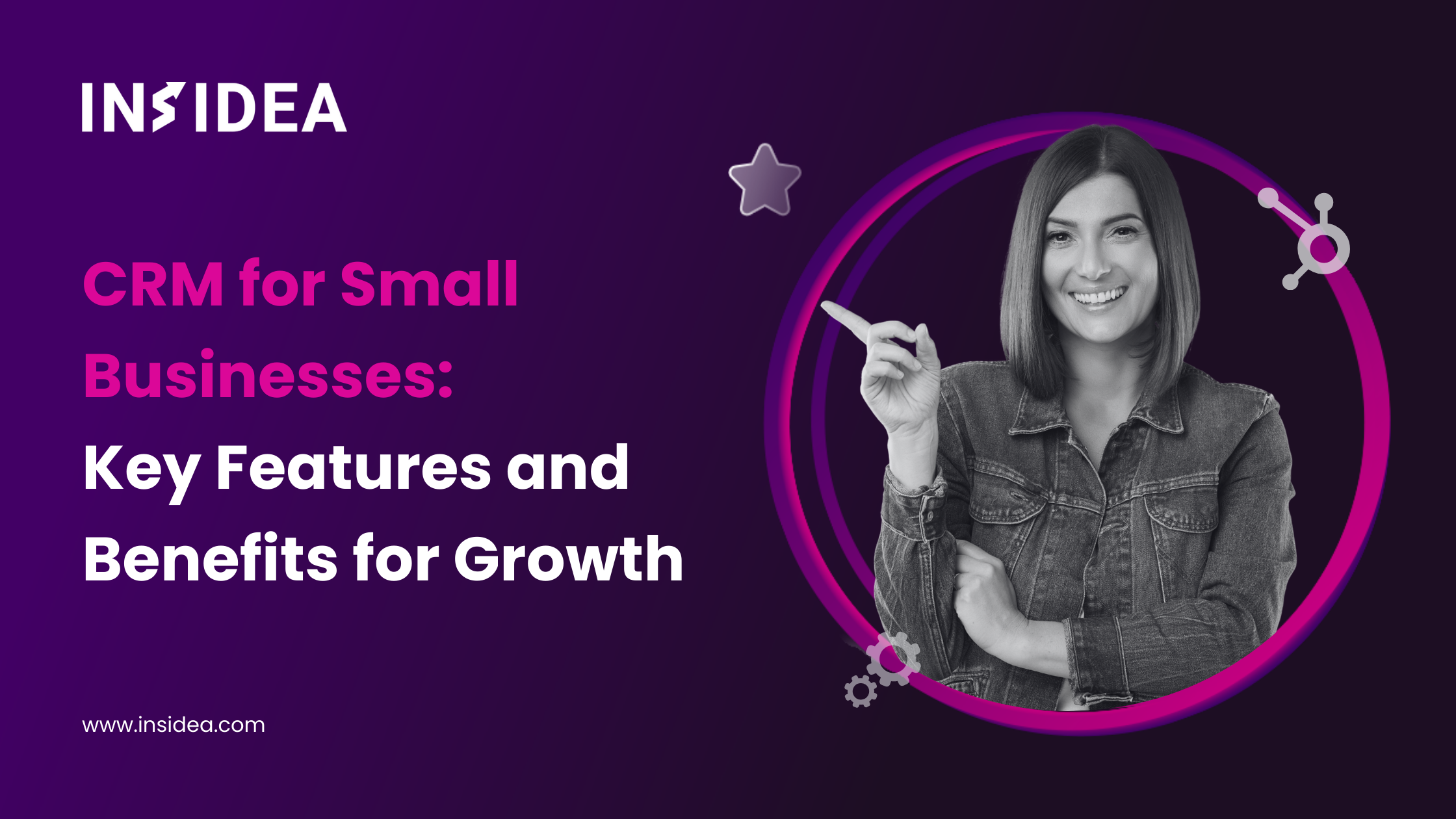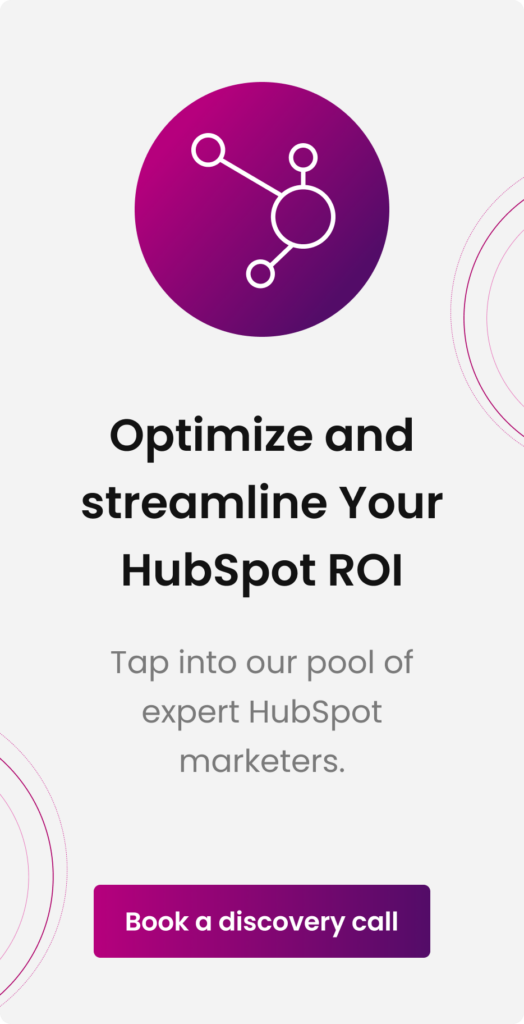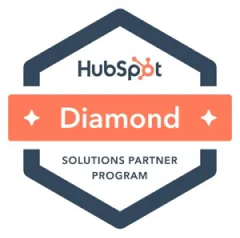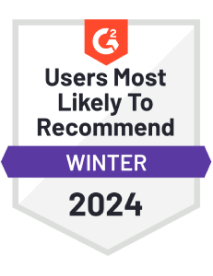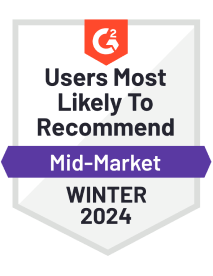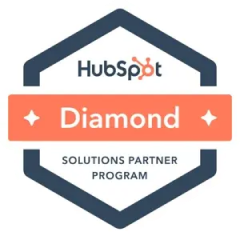Managing customer data manually can be inefficient when you have so much on your schedule. The cumbersome filing system and the anxiety of losing a client’s files can distract you from more essential tasks. The list includes timely follow-ups, personalized communications, and superior customer service.
CRM is a one-stop solution for all of these problems. Customer relationships are the lifeblood of any business, whether a multimillion-dollar corporation or a start-up. Consequently, any tool that facilitates the management of these relationships is inescapably beneficial.
CRM is an example of such a program. It greatly benefits the sales, marketing, operations, and support departments. CRM for small businesses executes many functions, from automated client follow-up to revenue forecasting.CRM is not, however, merely a new catchphrase in the software industry. If appropriately implemented, it can be a highly profitable business venture.
This blog defines the role of CRM for small businesses and what are the most important benefits of CRM that make it a must-have for businesses of all sizes and industries.
What is CRM?
A CRM system is a tool that assists businesses and organizations in managing and enhancing their sales processes and consumer relationships. The primary advantages of utilizing CRM software are enhanced team productivity, simplified access to customer information, data-driven decision-making, and increased customer satisfaction.
Why is CRM for Small Businesses Required?
Customer satisfaction is unquestionably the most essential factor in a business’s survival. Therefore, your business needs appropriate instruments and methods that contribute to an improvement in customer experiences. This can be achieved through utilizing the CRM software.
Here is why small businesses need a CRM:
- Budget-Friendly Technological Advancement
Contrary to the belief held by many small business owners, technological advancement sometimes comes with a hefty price tag. CRM systems debunk this notion by offering solutions that are not only affordable but, in some cases, even free.
- Utilizing the Competitive Field
With CRM, small businesses are equipped with tools to stand toe-to-toe with larger enterprises. This modernization ensures they’re staying caught up in the competitive market landscape.
- Consistency in Quality
Maintaining consistent quality can become challenging as businesses grow. CRM aids in standardizing business processes, ensuring that the quality of service or product remains uncompromised, irrespective of the scale of operations.
- Efficient Customer Management
An expanding clientele signifies a thriving business. However, managing a growing customer base can be overwhelming. CRM systems streamline this by providing a centralized platform to track every customer interaction, ensuring each client feels valued and attended to.
- Future-Proofing the Business
Adopting CRM is about addressing present challenges and preparing for the future. As the business landscape evolves, having a robust CRM system ensures that small businesses remain adaptable, efficient, and customer-centric.
In summary, for small businesses aiming to carve a niche in today’s dynamic market, CRM isn’t just a tool; it’s a strategic ally, propelling them toward sustained growth and success.
The Key Features of CRM for Small Businesses
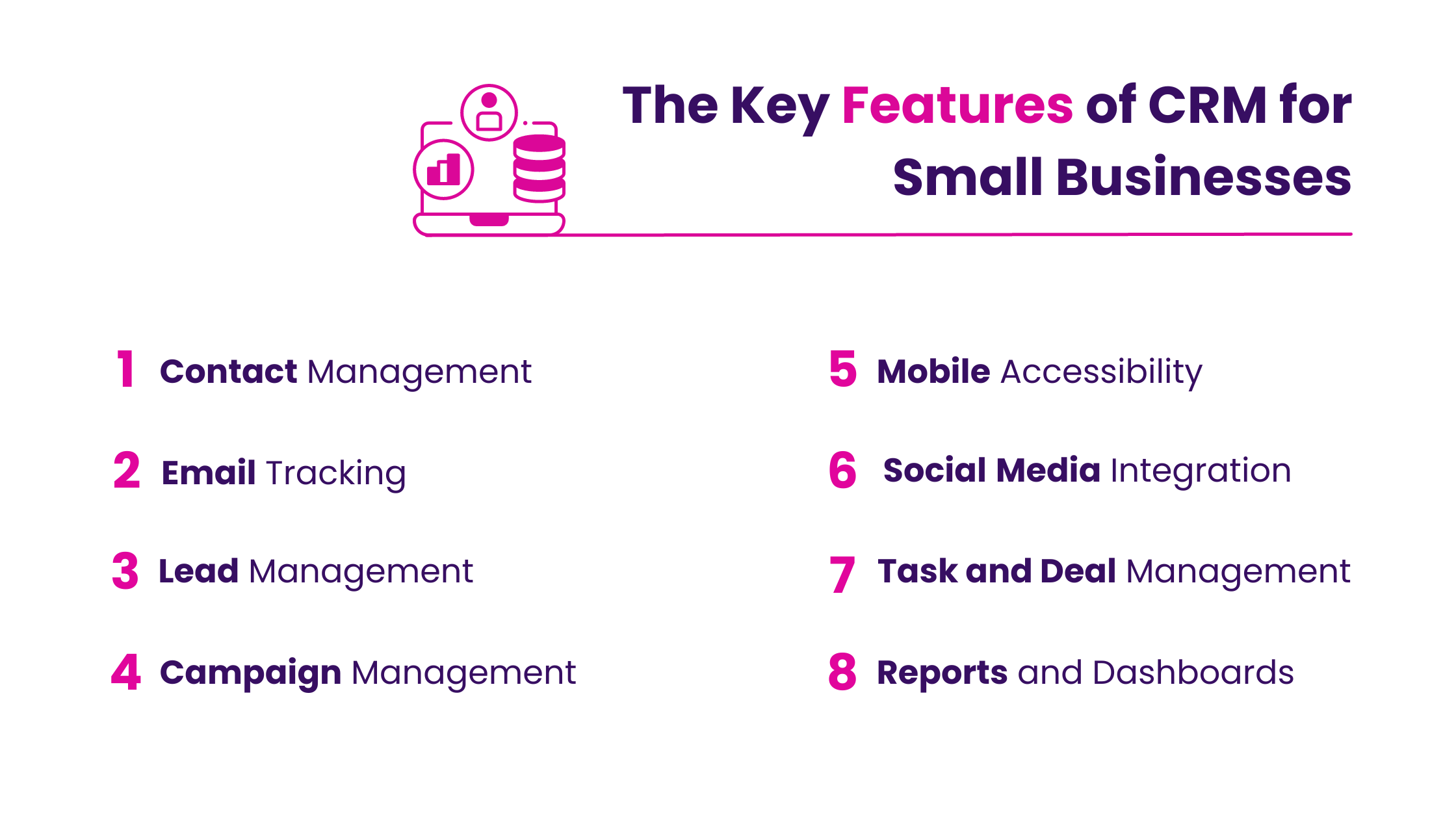
CRM platforms can be daunting for small business owners. With many options available, it’s crucial to identify the features that will truly elevate your business operations. Here’s a concise breakdown of the essential features your CRM for small businesses should possess:
- Contact Management
A centralized address book is essential for organizing customer details effectively. It should offer the functionality to edit and store key information such as personal details, demographics, interaction records, and transaction history. Additionally, this system should seamlessly integrate with sales and marketing tools for a comprehensive customer management solution.
- Email Tracking
A feature, either built-in or as an add-on, is designed for monitoring the performance of email campaigns. This feature should be compatible with popular email services such as Gmail, Outlook, and MailChimp, enabling seamless integration. It is essential that it provides detailed insights into key metrics like email open rates, link clicks, and the effectiveness of various email templates.
- Lead Management
A complete overview of the customer’s journey from initial lead to final conversion is provided. This includes automated administrative tasks like sending follow-up emails and utilizing performance assessment tools, alongside support for sales teams.
- Campaign Management
It offers tools for evaluating campaign success through data collection and analysis, including segmentation capabilities for targeted campaigns. This metrics-driven approach aids in strategic planning for future campaigns.
- Mobile Accessibility
It features a mobile-friendly interface and dedicated apps for Android and iOS, enabling data access and input capabilities, perfect for employees working remotely.
- Social Media Integration
It offers a unified platform to connect and manage key social media channels, equipped with tools for posting, responding, and tracking social media activities, along with insights into engagement metrics.
- Task and Deal Management
It facilitates clear timelines for monitoring deal progress and related tasks, featuring real-time engagement tools for potential leads, and includes user permission settings to protect sensitive data.
- Reports and Dashboards
It has analytical tools for generating in-depth reports on business trends and customer behavior, user-friendly dashboards for quick insight, and real-time data analytics for accurate decision-making.
In conclusion, a robust CRM for small businesses is not just a luxury but a necessity. By ensuring your chosen CRM encompasses the above features, you’re setting your business on a path to streamlined operations and enhanced customer relationships.
Benefits of CRM for Small Businesses
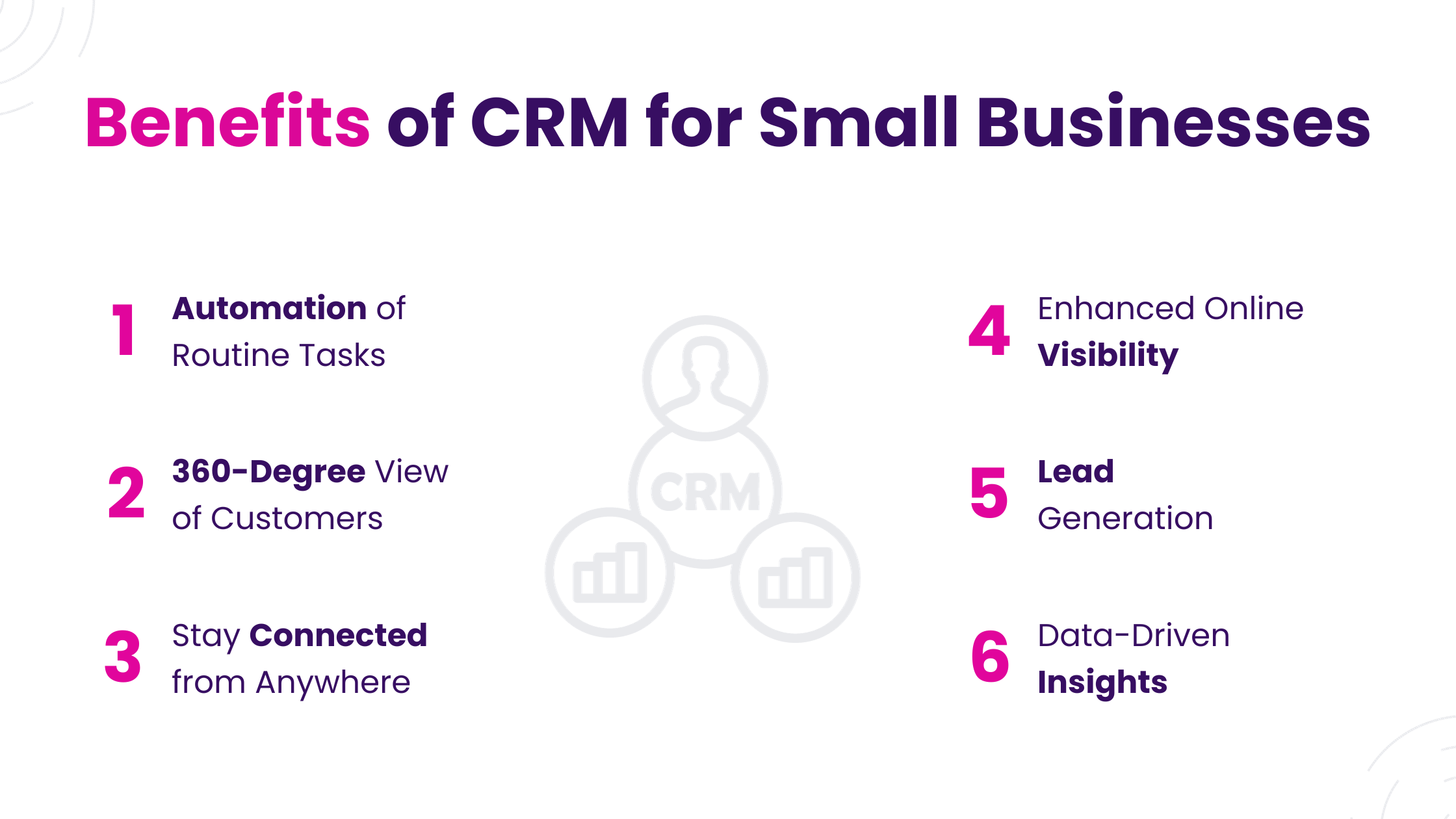
The life of a small business owner is undeniably hectic. With limited resources and many responsibilities, it’s easy to feel overwhelmed. Traditional tools like spreadsheets and sticky notes might have been sufficient initially, but as the business expands, these methods become obsolete, leading to inefficiencies and missed opportunities.
This is where a CRM system comes into play, offering hope for those looking to optimize their operations and foster growth.
Key Benefits of CRM for Small Businesses:
- Automation of Routine Tasks
Repetitive and administrative tasks consume a significant portion of an employee’s day. CRM systems introduce automation, freeing up valuable time. Whether it’s marketing campaigns that run under predefined conditions or sales tasks like email follow-ups, automation ensures the business runs smoothly.
- 360-Degree View of Customers
One of the challenges small businesses face is scattered customer data. A CRM system centralizes this data, providing a comprehensive view of the customer. This not only aids in personalized service but also ensures that every interaction is informed and meaningful.
- Stay Connected from Anywhere
Modern CRM systems are cloud-based, allowing access from anywhere. Whether on a business trip or working from home, you only need an internet connection to stay updated.
- Enhanced Online Visibility
Online presence is paramount in today’s digital age. CRM tools have features to boost your online visibility, from SEO optimization to social media engagement.
- Lead Generation
Attracting potential customers is a primary goal for any business. CRM systems have tools for capturing and nurturing leads, ensuring that potential customers are not just visitors but loyal patrons.
- Data-Driven Insights
With the vast amount of data businesses handle, deriving actionable insights can be challenging. CRM dashboards present this data in an easily digestible format, enabling informed decision-making.
Integrating a CRM system into a small business is not just about modernizing operations; it’s about preparing the business for sustainable growth. As the business landscape becomes increasingly competitive, having a tool that offers insights, automates tasks, and centralizes data becomes invaluable. For small business owners, a CRM system is not just a tool; it’s a strategic partner in their journey toward success.
Selecting the Ideal CRM for Your Small Business
Choosing the right CRM for your small business is akin to finding the perfect pair of shoes; it’s not about the size but the fit. Here are the pivotal factors to consider when selecting a CRM tailored to your business needs:
- Purpose Alignment
Understand the primary needs of your business. Do you require a CRM for sales tracking, customer service, or marketing automation? Ensure the CRM aligns with your specific objectives.
- Usability
Opt for a CRM that is user-friendly and intuitive. Your team should be able to navigate and utilize its features without extensive training.
- Scalability
As your business grows, your CRM should be able to adapt. Choose a platform that can accommodate your expanding customer base and feature requirements.
- Cost Efficiency
While free CRM options can be enticing, assess the long-term value. Ensure the CRM offers the essential features you need within your budget constraints
- Implementation Time
Time is of the essence for small businesses. Opt for a CRM that can be quickly set up and integrated into your existing systems.
- Integration Capabilities
Your CRM should seamlessly integrate with other tools and platforms you use, such as email services, marketing automation tools, and e-commerce platforms.
- Customization
Every business is unique. Ensure the CRM allows customization to cater to your specific operational needs and customer engagement strategies.
The journey to selecting the perfect CRM for your small business is meticulous. By considering the above factors and aligning them with your business goals, you can ensure a fruitful investment that meets your current needs and supports your future growth aspirations.
10 Reasons Why HubSpot is the Ideal CRM Choice for Small Businesses
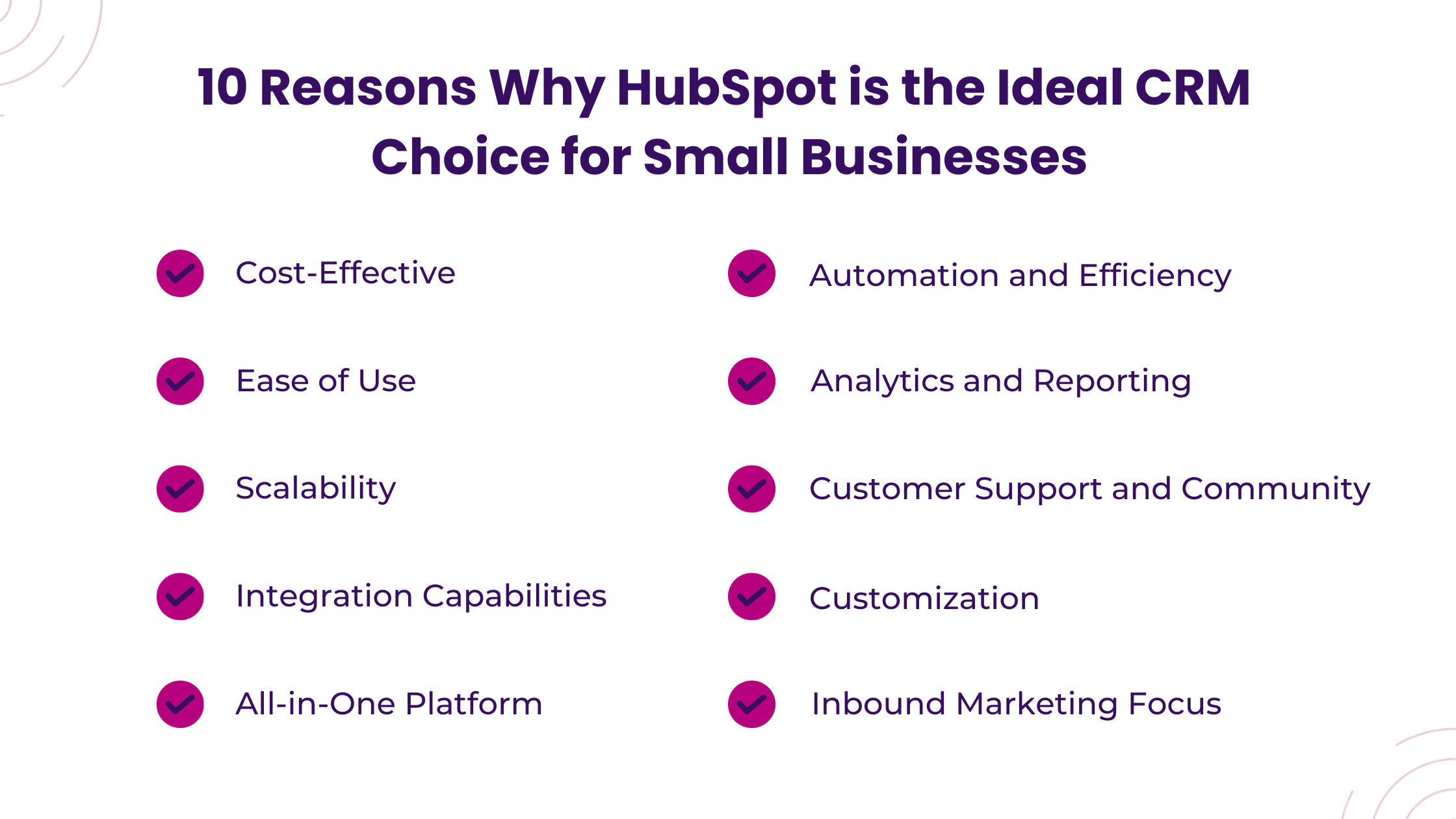
HubSpot is often considered an ideal Customer Relationship Management (CRM) tool for small businesses due to several key features and benefits that align well with the needs and constraints of smaller enterprises. Here’s why HubSpot might be the perfect CRM for small businesses:
- Cost-Effective: HubSpot offers a free version of its CRM, which is particularly attractive for small businesses with limited budgets. This free version includes many essential features needed for effective customer relationship management.
- Ease of Use: The platform is known for its user-friendly interface. Small businesses, especially those without dedicated IT teams, benefit from software that is easy to set up and use without extensive training.
- Scalability: As the business grows, HubSpot can grow with it. The CRM is scalable, offering more advanced features and capabilities in its paid versions, which means businesses don’t have to switch systems as they expand.
- Integration Capabilities: HubSpot integrates seamlessly with many other tools and platforms (like Gmail, Microsoft Office, WordPress, etc.), which is crucial for small businesses that use a variety of software solutions.
- All-in-One Platform: It offers a range of features beyond just CRM, including marketing, sales, and service hubs. This all-in-one approach means small businesses can have a single, integrated solution for multiple aspects of their operations.
- Automation and Efficiency: HubSpot provides automation tools that help in saving time on repetitive tasks. This is particularly beneficial for small businesses where staff might be juggling multiple roles.
- Analytics and Reporting: The platform offers robust analytics and reporting features, allowing small businesses to make data-driven decisions and track the effectiveness of their sales and marketing efforts.
- Customer Support and Community: HubSpot provides strong customer support and has a large community of users. Small businesses can benefit from the wealth of knowledge and resources available, including forums, blogs, and training resources.
- Customization: The CRM can be customized to suit the specific needs of a business, which is important for small businesses that often have unique processes and requirements.
- Inbound Marketing Focus: HubSpot is particularly strong in inbound marketing, which is a cost-effective marketing strategy for small businesses. It helps in attracting and retaining customers through content creation, social media marketing, SEO, and other tactics.
Unlock Your Business Potential With Expert HubSpot Support
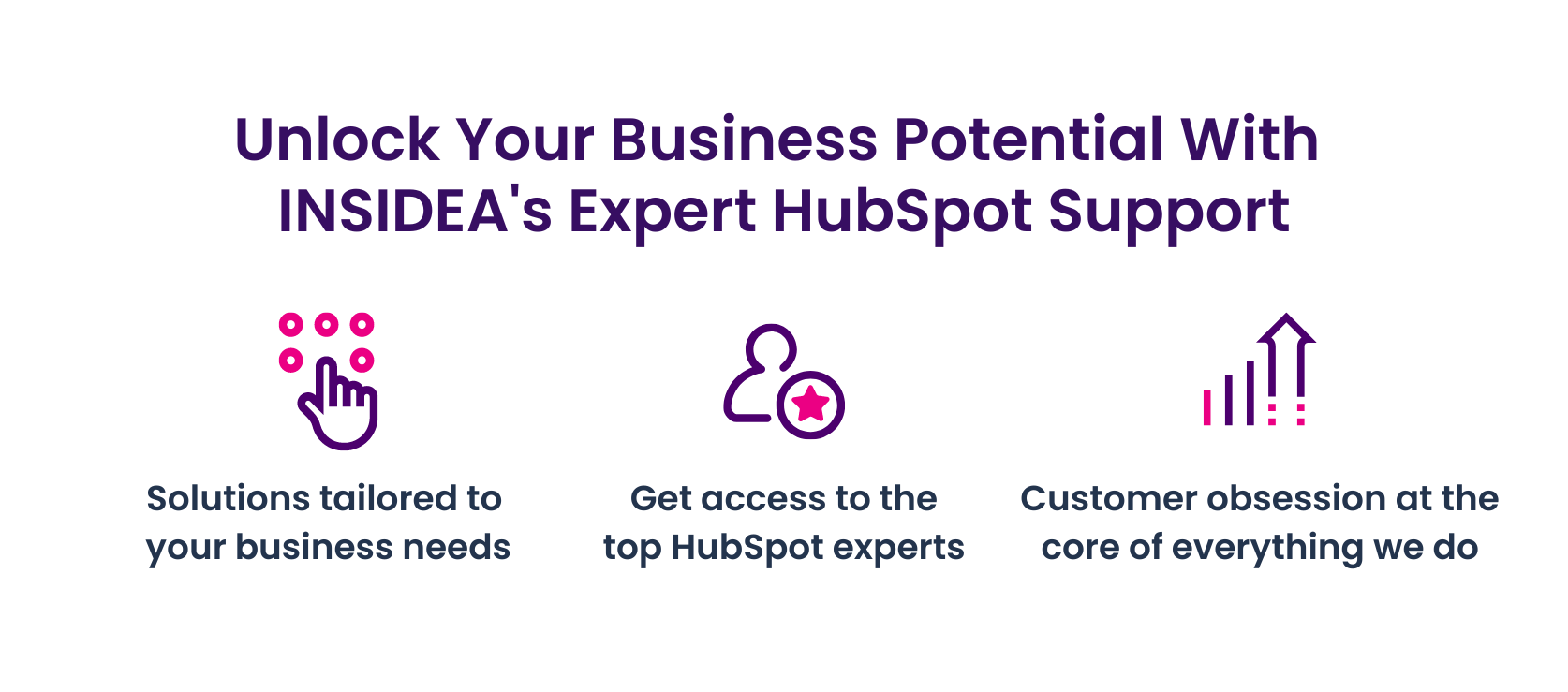
As a HubSpot Solutions Partner we take pride in assisting you with streamlining your HubSpot efforts. With our best-in-class marketing, sales, and service solutions, we help you scale exponentially. INSIDEA’s HubSpot Specialists have the required in-depth knowledge and can provide you with expert guidance on how to use the platform to meet your specific business needs.
Get in touch today to learn more about how INSIDEA can help you succeed!
- Tailored Experience: For us, user experience is the primary focus. Thus, INSIDEA works with you to ensure your HubSpot experience is tailored to your business needs.
- Industry Expertise: Our team specializes in the setup, implementation, and optimization of HubSpot tools, as well as being well-versed in HubSpot best practices to ensure your business has the highest ROI possible.
- Customer Obsession: For us, customer satisfaction is the key to success, and we strive to ensure that our customers’ needs are not only met but exceeded every time.
At INSIDEA, we understand the importance of valuable HubSpot strategies that understand your target audience and drive conversions. Book a meeting with our HubSpot experts to explore how we can help you with your upcoming projects.




